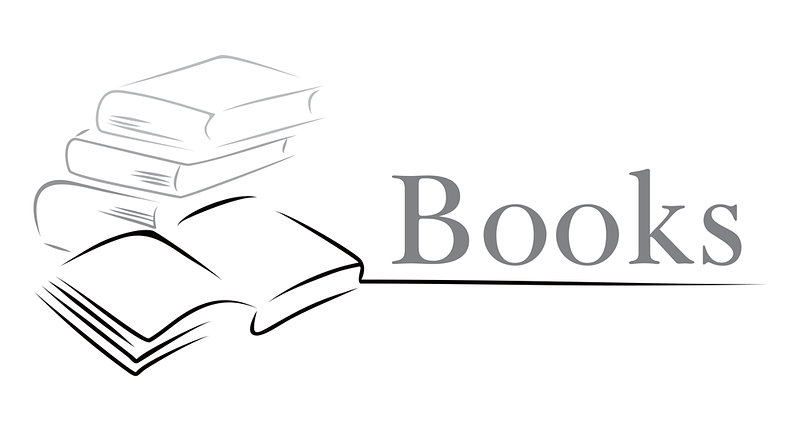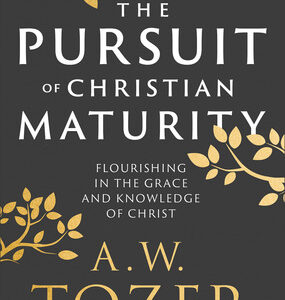To be a successful working author, at some point in time you need to write about things that don’t already exist in your mind.
Even Christian writers are not immune to this. If you write about something in the Bible and never learn the context or study the actual meaning of the text, you might be missing something important. Relying on memory or thinking, I know this stuff, can be dangerous.
Successful books are often about something not already in the author’s head. Hence, the title of this post.
I believe the root of some “writers block” is when someone writes only what comes to mind and runs out of easily recalled material. They haven’t looked outside themselves, so they need to get out and accumulate new information.
In general, those in academic pursuits don’t have this problem since their entire profession is to learn new things continually.
I wholeheartedly agree that aspiring Christian authors should write their own story. It is good practice and relatively easy since they know everything in the story and don’t need much research.
However, a second book can present a problem when you must take your perspective and worldview out of the house and find something new to write about.
Novelists have this challenge in everything they write. They need to visit the town serving as the backdrop of their book. They need to study the historical period in which they write. They need to have firsthand knowledge of things they didn’t know before.
Nonfiction writers should be equal parts investigative journalist, historian, and writer. If you dive into a subject without the background work, it will be apparent you are writing on thin ice and run out of material quickly.
Children’s book writers need to be storytellers and teachers. If they sit down to write without those elements, the story and text will likely miss the intended target. Age appropriateness is a big issue.
Almost ten years ago, I asked in an agency post if you were Writing Out of Order. That was a different take on this same subject, focusing on platform development; but the underlying point of today and in 2015 is the same—you don’t just sit down and write a book without a significant number of things preceding it.
To exercise your brain a bit, especially if you are a writer of nonfiction, here are some questions to ponder:
- What book would you write without personal stories or anecdotes in it?
- If you could write a biography of one person you have never met, who would that be?
- If you could study and write about one historical event or period, what would it be?
- What major societal issue could you study for two years and then write about?
- If you could travel to one place in the world to gain perspective, where would that be?
When writers look outside themselves for material, discovering an endless reservoir of inspiration and material, their books become much more interesting to a wider audience.





